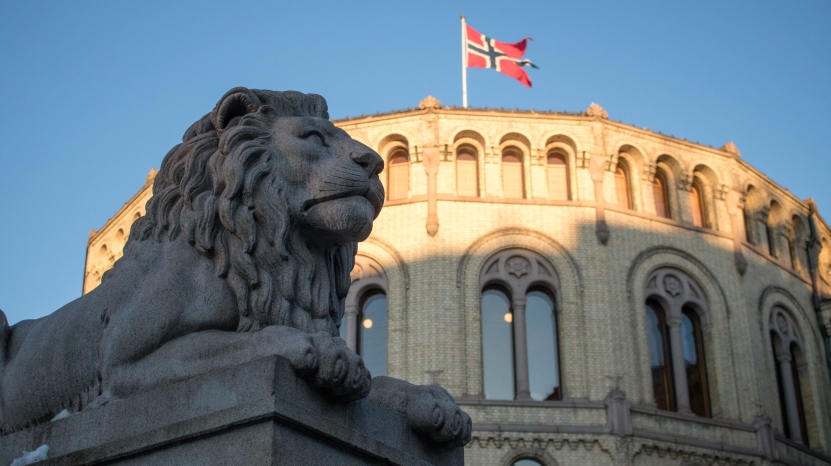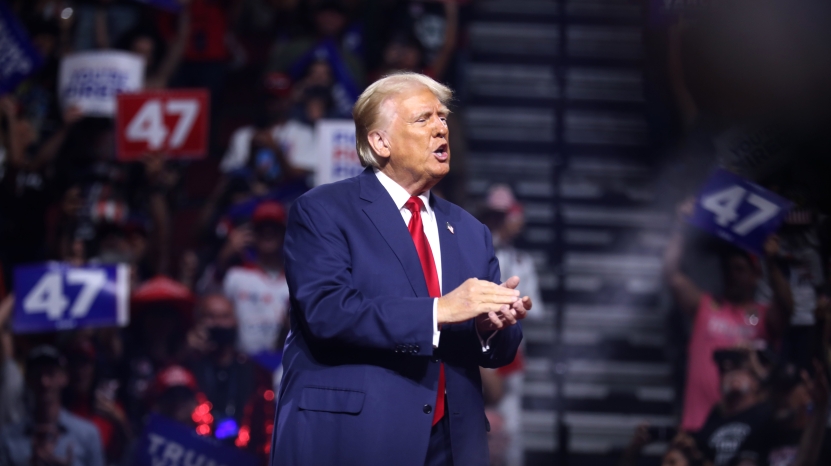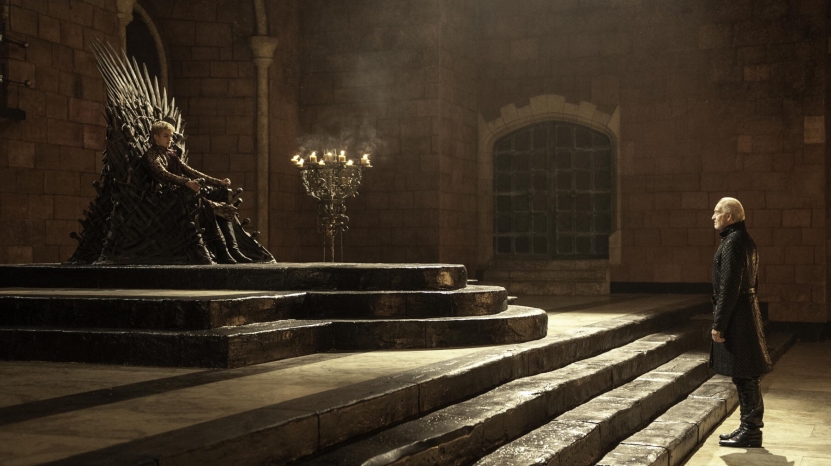
Hvorfor de stadige omkampene?
Ja-sida på Stortinget viser igjen sin stadige iver etter å komme inn i EU. Desto mer gledelig er det at et stort flertall i utenrikskomiteen innstiller på at forslaget ikke vedtas.

The newly elected Norwegian parliament (Stortinget) will commence working on Wednesday 1st of October. Prime minister Jonas Gahr Støre of the Labour Party (Arbeiderpartiet) will remain in office for a second term as a minority one party government, supported by a centre-left coalition of the Centre Party (Senterpartiet), Socialist Left Party (SV), Red (Rødt) and also the Greens (MDG).
Norway’s relationship to the EU has for several decades been one of the most controversial issues in the high north country, making and breaking government coalitions. The new parliament has a majority of MPs opposed to EU membership. Centre Party, Socialist Left Party, Red, Christian People’s Party and Progress Party (Fremskrittspartiet) are all against EU membership, and increased their number of MPs from 73 to 81. Several MPs from Labour are also opposed, producing a majority within the 169 representatives strong Storting. The Labour party as such has not a policy either pro or against EU membership.
The three parties in favour of joining the EU – Conservatives (Høyre), Liberals (Venstre) and Greens – have now only 35 MPs, down from 47.
Norway and fellow EFTA countries Iceland and Liechtenstein are through the EEA agreement (European Economic Area) part of the EU single market. A seemingly never-ending tide of new EU market acts are coming to the EEA, some 15,000 EU directives and regulations have to this day been implemented.
There is a solid majority in parliament in favour of the EEA, but the scrutiny on national policies by the EFTA Surveillance Authority (ESA) in Brussels causes heated discussions. The EEA is affecting labour laws and workers’ rights, regional policies, public aid programmes, transport of both goods and passengers, financial sector, the energy market, climate policies and other issues, including sectors that were supposed be outside the EEA, such as fisheries and agriculture.
Frequently ESA is demanding changes in national regulations on workers, a current issue being the ban on hiring from temporary staffing agencies in building and construction, aimed at preventing social dumping. The EU minimum wage directive is strongly opposed by the labour movement and several parties, and has not been implemented in the EEA.
| Red | Socialist Left Party | Labour Party | Centre Party | The Greens | The Liberals | Christian People’s Party | Conservative Party | Progress Party |
Members of Parliament | 9 | 9 | 53 | 9 | 8 | 3 | 7 | 24 | 47 |
EU membership | No | No | Open | No | Yes | Yes | No | Yes | No |
EEA agreement | No | No (but keep it until 2029) | Yes | No | Yes | Yes | Yes | Yes | Yes |
Table: The nine parties of the Norwegian parliament (total of 169 representatives) and their policies on EU membership and the EEA agreement.
Norway, Iceland and Liechtenstein each have the legal right to reject new EU legislation before it is adopted into the EEA agreement. A key issue now is if Norway should implement EU’s fourth energy package (“Clean energy”). Critics find the deregulation and transfer of national sovereignty to be too far reaching.
Norway is a major producer of energy. Hardly anything matters more to the backbone of Norwegian industry than long-term access to electric power at competitive prices. New cables for transfer of electricity to the European continent and the UK have resulted in much higher electricity prices in Norway. This is perceived as a threat to industry providing jobs across the country.
The parties opposing a closer integration with the EU energy union argue that the renewable hydro electricity is needed nationally to transform and reduce emissions from industry, and to phase out fossil fuels in the transport sector. Also, the export of electricity is only a fraction of the energy Norway provides to Europe as gas and oil. The parties want stronger national regulations of the electricity market and prices, challenging EU/EEA law.
The EU Commission keeps pushing for Norway to continuously implement new energy laws. However, the Labour Party has promised not to accept the remaining acts of the fourth energy package, concerning market design and regulation, this term (until 2029). The Progress party, Centre Party, Socialist Left and Red are all strongly opposed to the fourth energy package, meaning there is no majority in parliament for the acts to be adopted.
Norway is not associated with the EU customs union, and has its own trade policy. The EEA Agreement as well as the older free trade agreement of 1973 prescribe duty-free trade of all industrial goods between Norway and the EU.
Still, EU is now considering tariffs on ferroalloys (iron) that could hurt Norwegian industry badly. High energy costs have made it hard for EU industry to compete, and imports have increased. Also, the US trade policy of somewhat unpredictable tariffs is contributing to a volatile international market situation.
Close to half, 47 percent, of all ferroalloys imported to the EU are coming from Norway and Iceland. These are critical raw materials in the current chains of production. Tariffs on trade will obviously bring extra costs to EU industry using the materials, such as manufacturers of cars and military hardware.
There is a principle of World Trade Organization rules that tariffs should apply equally to all third countries, but loopholes should be explored, to mutual benefit of Norway and the EU. The EU is expected to make a decision in a matter of weeks and at the latest before mid-November.
If tariffs are introduced, this could cause a debate in Norway about closer integration with EU trade policy or even membership. However, most likely, this will provoke an uproar against the EU and many more will ask themselves: is the EEA agreement really worth it?
The article was originally published in a slightly different form in EU Observer 30th of September 2025.
Stort bilde i toppen: Løvestatue ved det norske Stortinget.

Ja-sida på Stortinget viser igjen sin stadige iver etter å komme inn i EU. Desto mer gledelig er det at et stort flertall i utenrikskomiteen innstiller på at forslaget ikke vedtas.

2026 åpnet med noe så sjeldent som et lærestykke i småstaters evne til maktpolitikk.

Svartmalingen av akutt sårbarhet for Norge sprekker i dagslys.